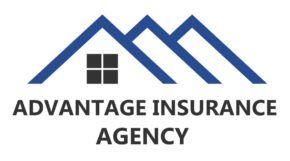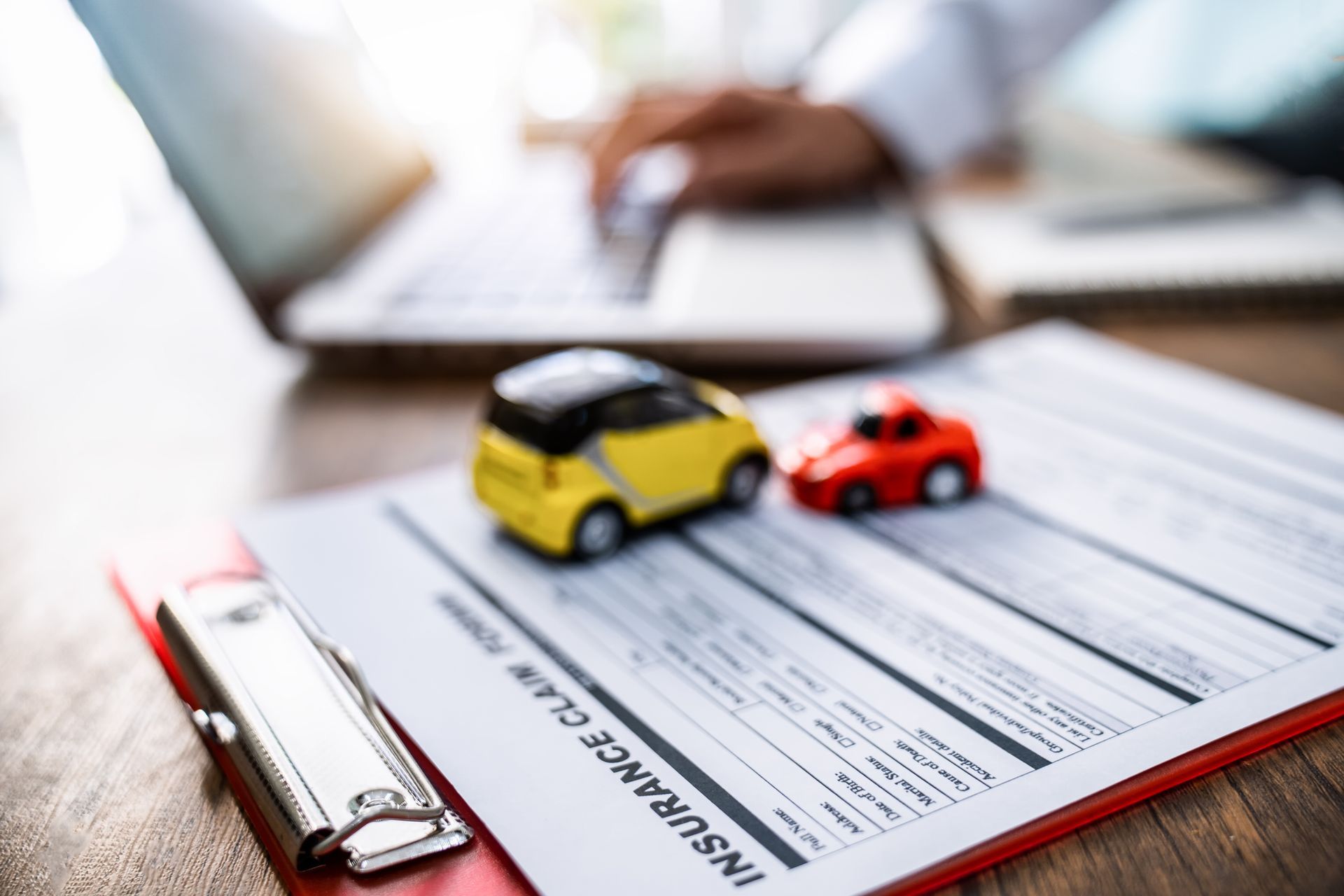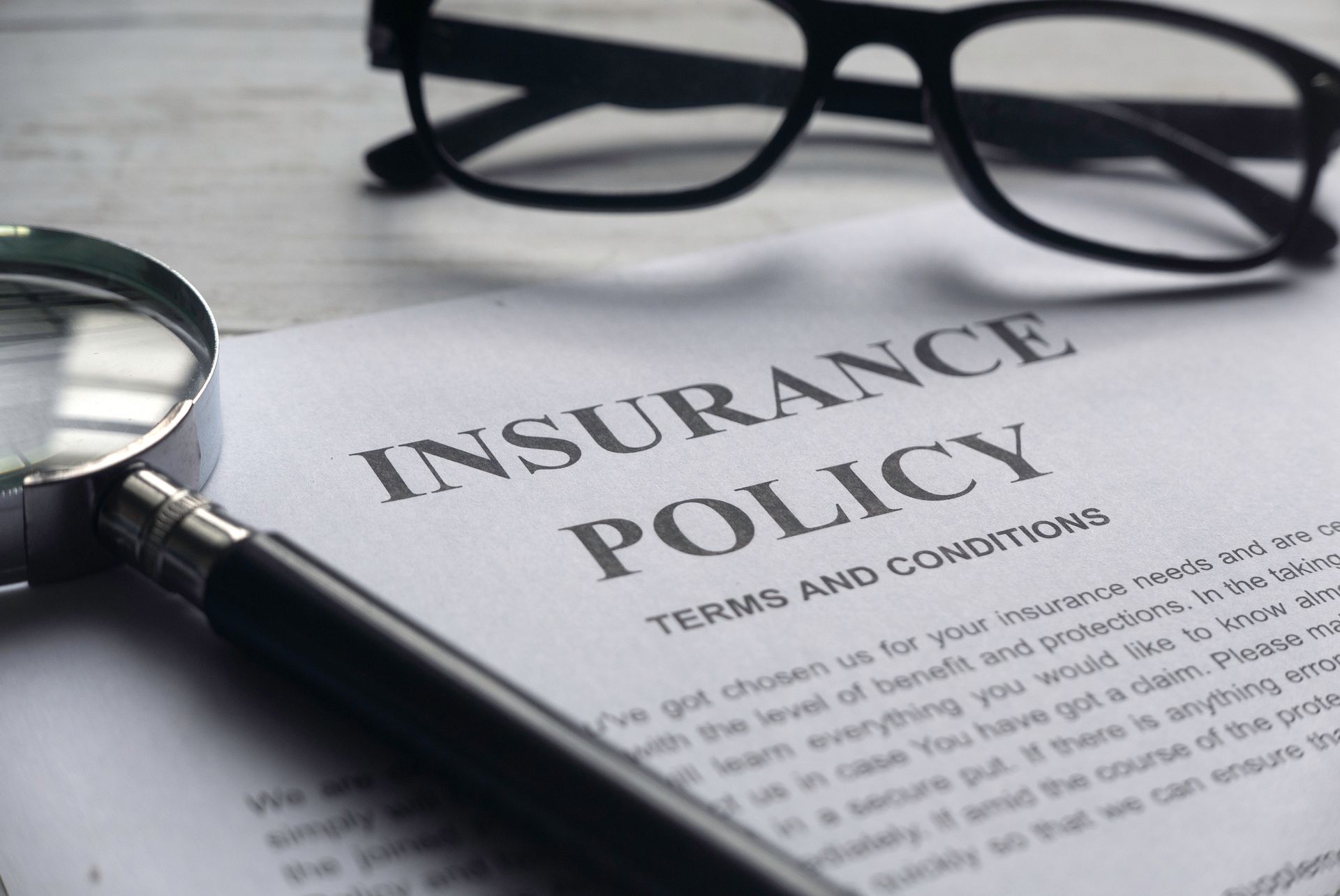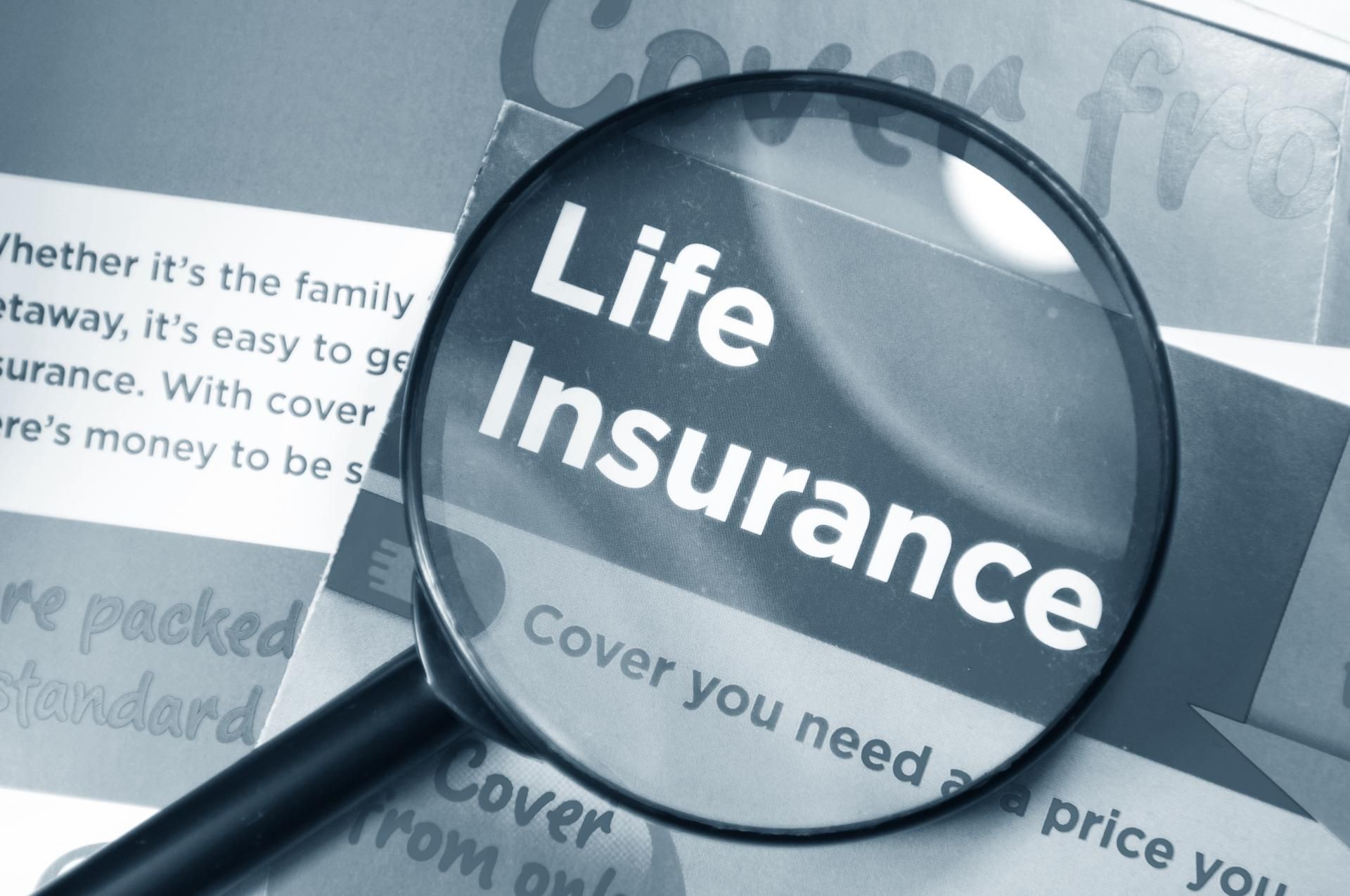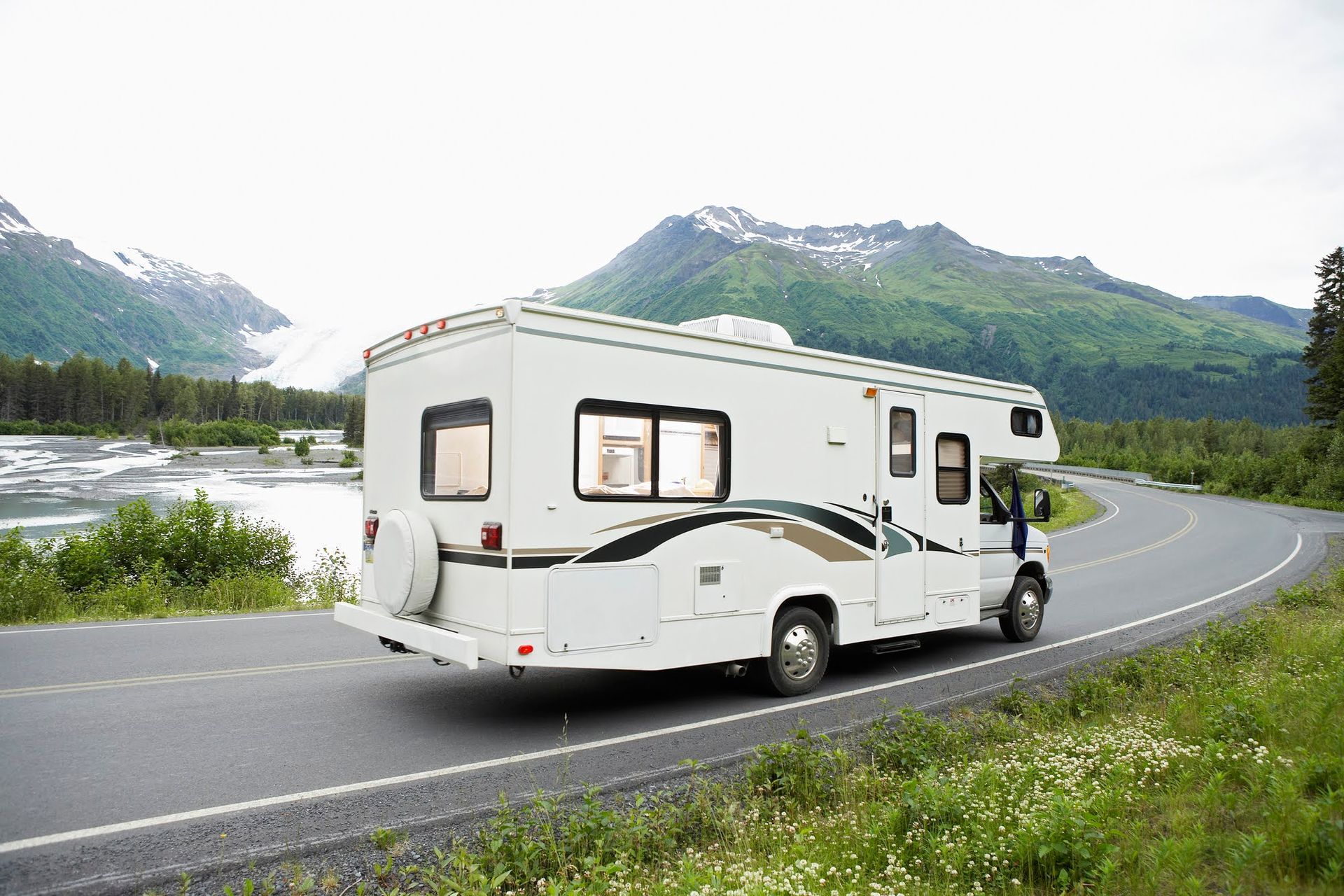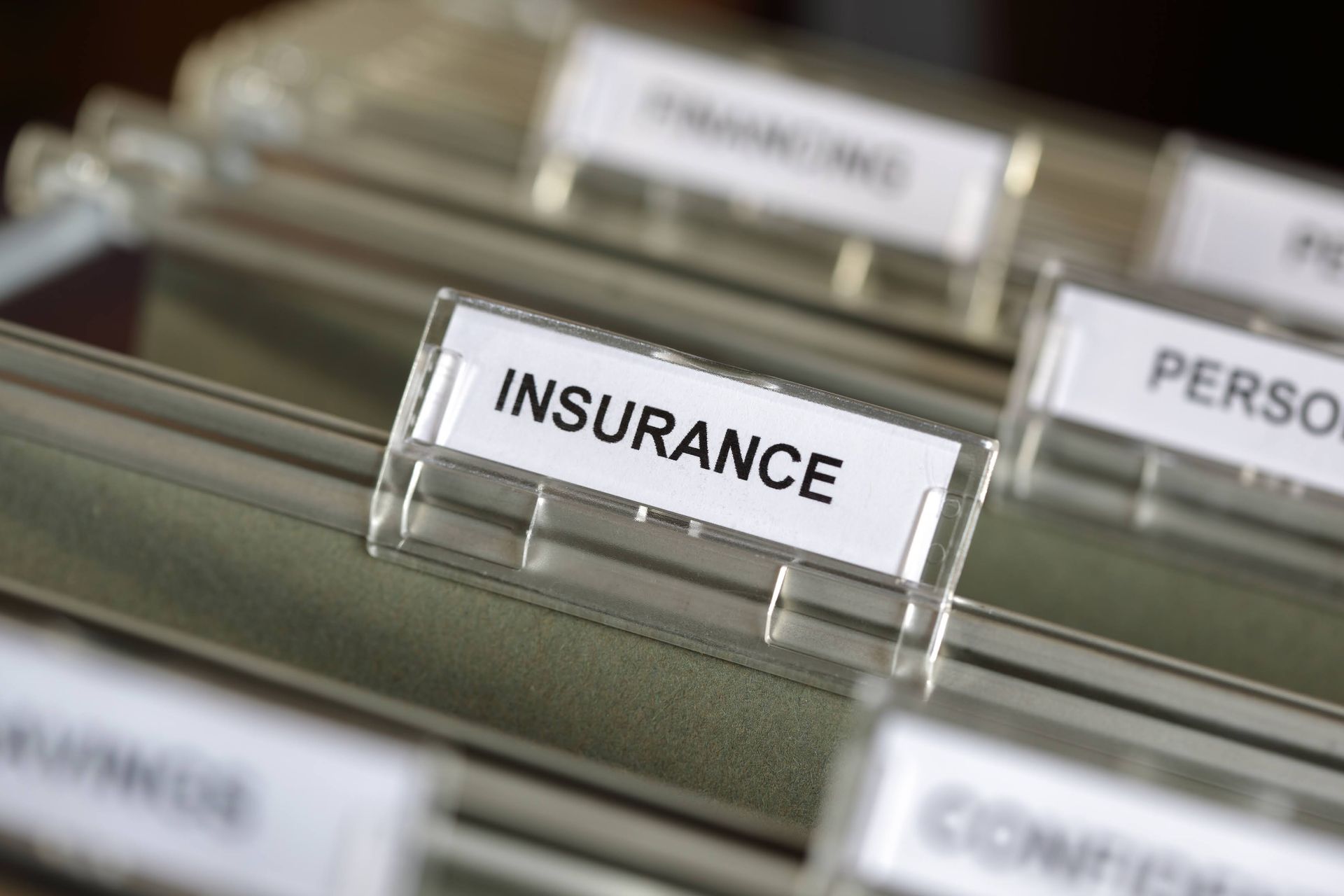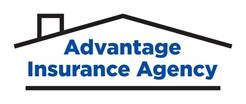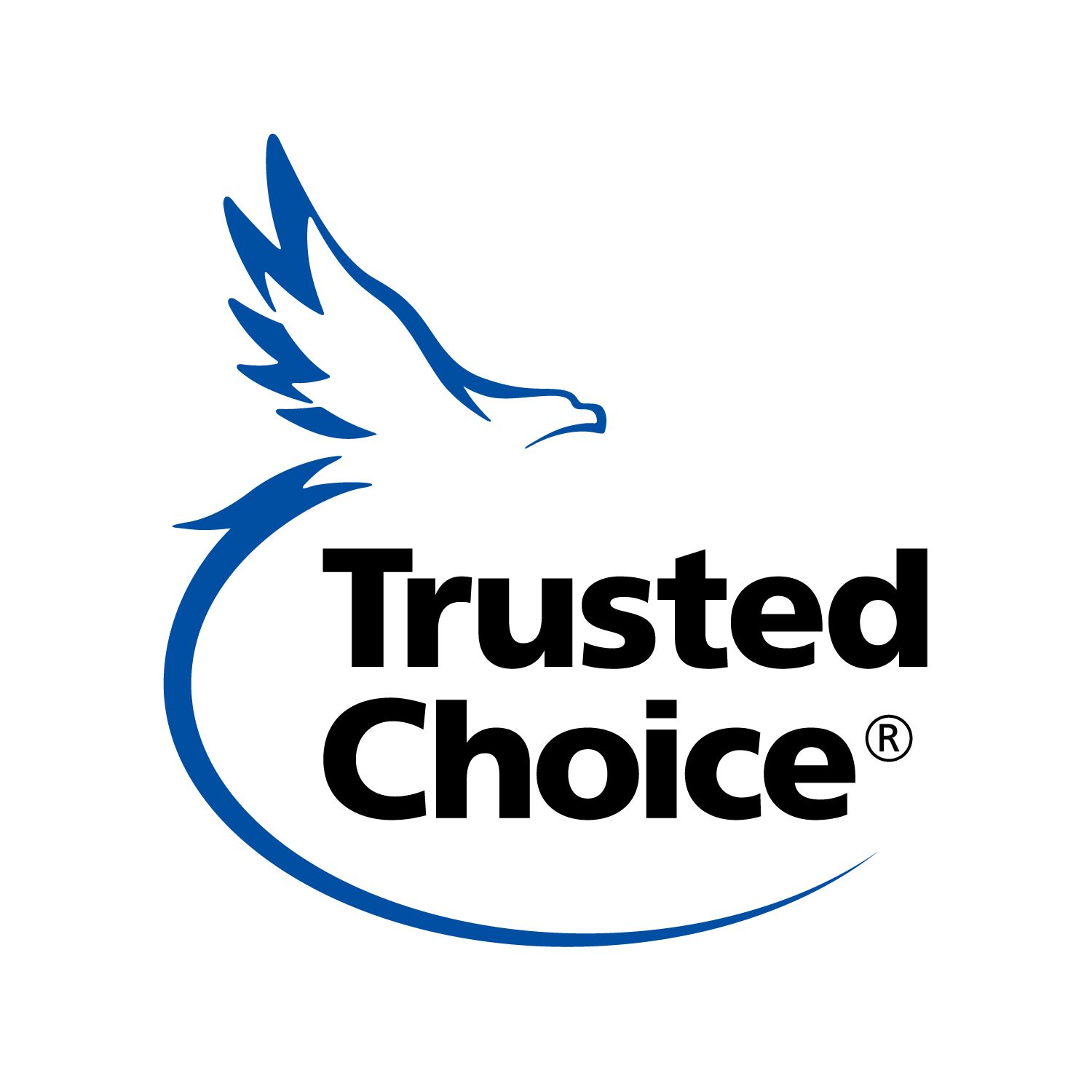Tips on Choosing a Safe Car
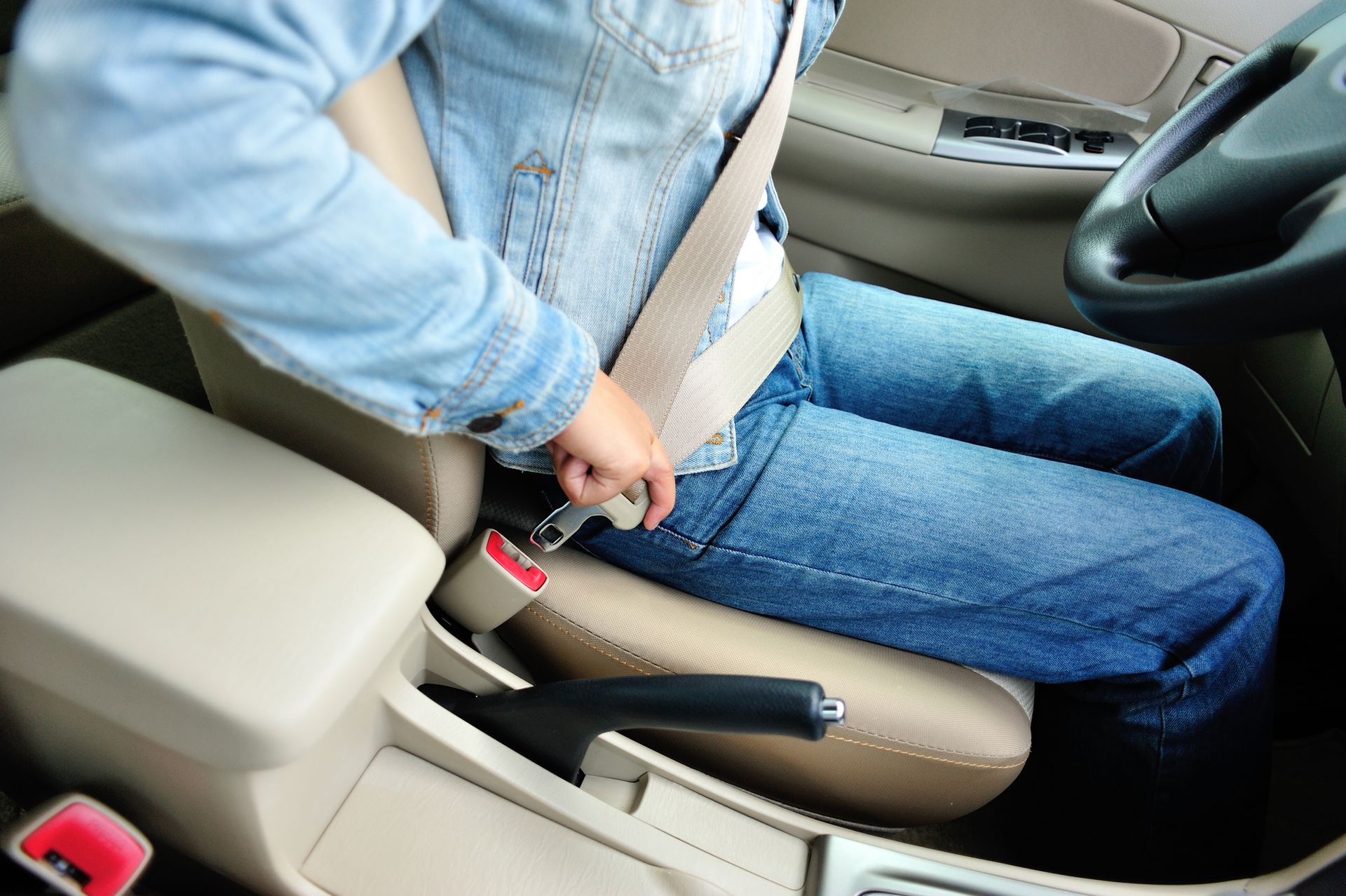
A safe car is good for your safety, other road users' safety, and auto insurance costs. Auto insurance companies consider car safety when calculating premiums. This consideration makes sense, given that car safety reduces the risk of accidents. Fewer accidents mean reduced risk exposure to insurance companies. Below are tips to help you choose a safe car during purchase.
Crash-Test Ratings
A crash test determines how a car performs in case of a crash. The test determines, among other things:
- The extent of the damage
- Intrusion into the passenger cabin
- The effectiveness of the safety and restraint systems
Different parties perform crash tests with different parameters. Review the crash tests and choose a car with the best rating possible for your desired type. Below are two crash tests you should give extra attention to.
Government Crash Tests
The National Highway Traffic Safety Administration (NHTSA) conducts different crash tests and scores the results on a five-star scale. The more stars a car has, the less likely you are to suffer severe injuries in an accident with the car.
Insurance-Industry Crash Tests
The insurance industry is all about risks. Risky cars (those likely to cause significant injuries in accidents) cost insurers more money and hence attract high coverage rates. The Insurance Institute for Highway Safety (IIHS) conducts crash tests and rates cars as Poor, Marginal, Acceptable, and Good.
Accident Avoidance Systems
Automobile designers have heavily invested in technology to avoid accidents or minimize their impacts. Below are some of the accident avoidance systems available today:
- Electronic stability control (ESC) that keeps the car on its intended path and avoids skidding during cornering
- Anti-lock brake system (ABS) that prevents the wheels from locking up during abrupt braking
- Collision warning systems that alert you of an impending collision with another object
- Blind spot warning systems that alert you if they sense something in your car's blind spot
- Rear cross-traffic alert systems that alert you of impending collision with other cars if you back out of a parking spot
- Lane departure warning that alert you if your car steers out of its lane
These are just a few examples—many other accident avoidance systems exist. The systems also have different names, depending on the car manufacturer. Do your research and purchase a car with the useful technologies you want.
Rollover Resistance
Rollover resistance determines how likely a car is to topple over. Rollover resistance is critical since a rollover increases the damages and injuries in an accident. Some of the factors that determine a car's rollover resistance include a car's:
- Height
- Weight
- Weight distribution
For example, big cars, such as SUVs, are more likely to roll over than small cars, such as sedans. The NHTSA has rollover tests and ratings just as it does with crash tests. The agency's Rollover Resistance Rating (RRR) ranges from five to one, with five being the best.
Injury Mitigation Systems
Car manufacturers know that accidents are not entirely avoidable, even with the best systems in place. Thus, they include injury-mitigation systems to avoid or minimize injuries in case of a crash. Consider some of these systems below.
Airbags
Airbags absorb the impact and separate you from the car's body in case of a crash. Cars differ on:
- The number of airbags
- The positions of the airbags
- The airbag technology
For example, some side airbags deploy from the back of the seat while others deploy from the car's door.
Head Restraints
A head restraint keeps your head in position so that it doesn't snap back or forward in case of a crash. The restraint prevents whiplash injuries.
Seatbelts
A seatbelt keeps you inside the car in the best position for airbag protection. The belt also prevents the accident's impact from tossing you inside the car. Seatbelt technologies also differ. For example, some belts automatically eliminate the slack in case of a crash to maximize your protection.
Car safety is just one among many factors that determine auto insurance rates. Other salient factors include your driving history, age, location, and car value. Contact Advantage Insurance Agency for your car insurance coverage. We will evaluate your profile and advise you on how to get affordable coverage.
